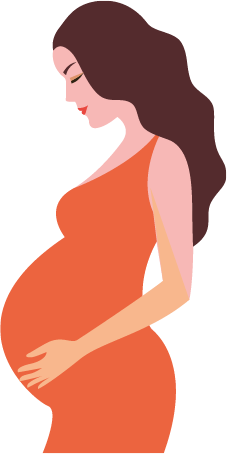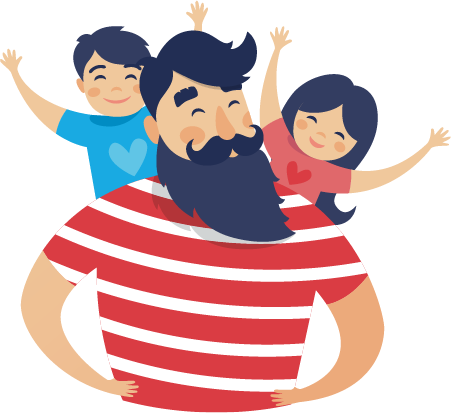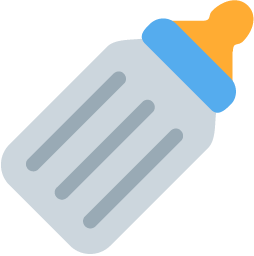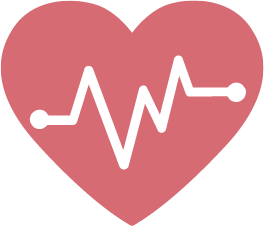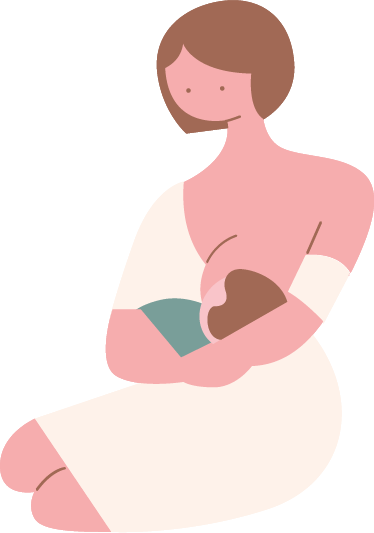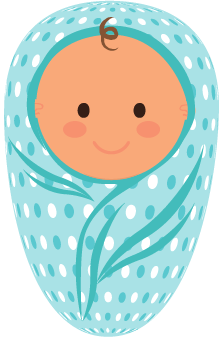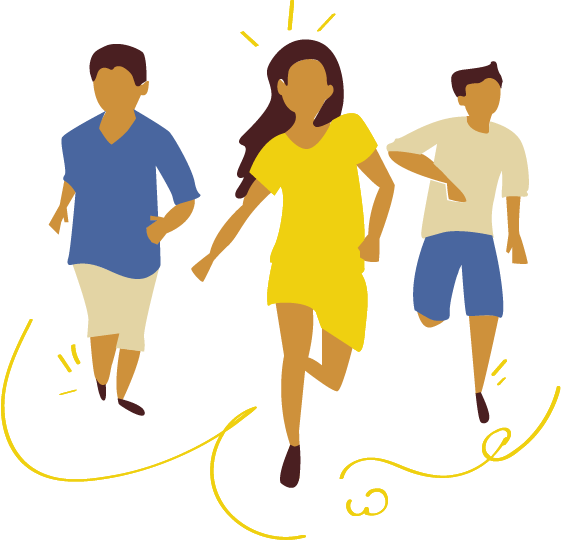10 years & 10 research advances
It’s our 10th birthday!
2021 marks the midway point in France’s first longitudinal study of children from birth to adulthood.
The Elfe study has already yielded a unique set of data on children living in France, enabling us to analyse how they develop in relation to their environment. Our research is producing new knowledge that will benefit the whole population. As well as informing public policy, it will lead to changes in behaviour and professional practice. More than 90 scientific articles advancing childhood research have already been published.
10 years: 10 advances in childhood research
On the occasion of our 10th birthday, we would like to share with you 10 research advances that have fuelled debates on some of today’s burning social issues, helped to bring about legislative change, and provided much-needed knowledge about a subject that nobody knew anything about two years ago…
| 1 • Exposure of pregnant women to pesticides | 2 • Screen time: sleep, behaviour and learning | 3 • Paternity leave and involvement of fathers |
|
In 2016, Public Health France published the results of the first French study to describe the exposure of pregnant women to a range of environmental pollutants. Based on the Elfe birth cohort, results revealed a significant association between the use of pesticides in the home during pregnancy and the risk of genital malformations in baby boys. These results lend weight to all the campaigns and recommendations aimed at protecting the population ‑ especially pregnant women ‑ from pesticides. |
Screens have invaded our lives, as a result of the digital revolution. However, doctors are starting to warn the public about problems affecting young children exposed to screens for long periods. Data from the Elfe study show that prolonged screen use by 2- to 3-year-olds is associated with a higher risk of sleep and behavioural disorders, as well as early learning problems. This finding reinforces recommendations to moderate young children’s screen time. |
Paternity leave is intended to help fathers bond with their newborn child, and balance the amounts of time parents spend with their children. As there was general agreement that the initial amount of leave was too short to be effective, the French Government announced that it was doubling it from July 2021 onwards, meaning that it now lasts a full 28 days. This decision was based largely on the results of Elfe research. When new fathers take paternity leave, it has a positive long-term impact on their involvement in their child’s life and they take on more parenting tasks. |
| 4 • Hypoallergenic claims for infant formulae called into question | 5 • Health screening at school: key role of mother and child healthcare services | 6 • Health benefits of breastfeeding for infants |
|
In 2019, the results of Elfe research questioned the usefulness of hypoallergenic infant formulae. Scientists who tracked children in the cohort from birth to age 2 years found no evidence that these products protected them against allergic manifestations. Their results were published just as the European Food Safety Authority was introducing new rules requiring manufacturers to provide scientific proof to back up their claims if they wish to display the HA (hypoallergenic) label on their infant formulae. These results, published in 2019, triggered a lively debate within society and underscored the relevance of these new regulations. |
The health screening carried out in nursery schools by mother and child healthcare services allows sensory and developmental disorders to be picked up at an early age. Despite local differences in the way these services are organized, by tracking the Elfe birth cohort, we have been able to show that this early screening, together with any resulting treatment, has a positive impact on children’s health. Our results therefore emphasise the importance of carrying out screening in nursery schools across the country. This is one of the recommendations for a harmonized healthy child programme aimed at children aged 0‑6 years, which should start to be rolled out nationally by 2022. |
The World Health Organization (WHO) recommends breastfeeding infants for at least 6 months. One of the benefits of breastfeeding that justify this recommendation is that it protects infants against infections. But what about countries like France that have a high standard of public health? When scientists examined the reasons for Elfe cohort children being hospitalized, they found that breastfed infants under 2 years had a lower risk of ending up in hospital with gastroenteritis. Even though mothers in France still breastfeed for shorter durations than their counterparts in the rest of Europe, it nevertheless reduces the incidence of digestive infections. |
| 7 • Childcare arrangements before 3 years and language development | 8 • Explanation for mirror writing in young children | 9 • COVID-19: exceptional effort by the cohort to make sense of the epidemic |
|
Day nurseries expose young children to a variety of stimuli that foster their language skills. Elfe study data show that 2-year-olds know more words if they attend a day nursery, even after taking families’ social characteristics into account. The same results have been reported in other countries, suggesting that centre-based care reduces early inequalities in language acquisition. |
One of the number exercises given to children taking part in our survey in the second year nursery school was to write the first five numbers (1‑5). This allowed researchers to finally work out why children write some numbers backwards (i.e. facing right instead of left), particularly the number 3. Despite the received wisdom, being left-handed has nothing to do with mirror writing in young children. Instead, the explanation lies in the fact that French is a left-to-right writing system. This means that when numbers or letters (e.g. letter J) face left, children are tempted to “correct” them. |
A study like Elfe can rapidly mobilize to conduct research when a public health crisis strikes, such as the one we have been living through since March 2020. By so doing, the Elfe birth cohort has made a valuable contribution to research on COVID-19. A survey last year yielded key information about infection rates among children and the risk of transmission within families, as well as the living conditions experienced by families during the first lockdown in Spring 2020. Through the Elfe study, we will be able to learn about the long-term consequences of the COVID-19 pandemic. |
| 10 • Elfe: a baseline study in childhood research |
|
2011 saw the formation of two birth cohorts: one to follow children who were generally born full term (Elfe), and one to follow very premature babies (Epipage 2). Since this date, the two cohorts have been forging increasingly close links. For example, at age 5½ years, Elfe families participated in a comparative survey organized by the Epipage 2 cohort to assess the impact of premature birth on physical and mental health and wellbeing. Data from Elfe families have also been used in collaboration with other cohorts, not just in France but worldwide, to improve what we know about children’s health. |
2021 - the 10-year anniversary
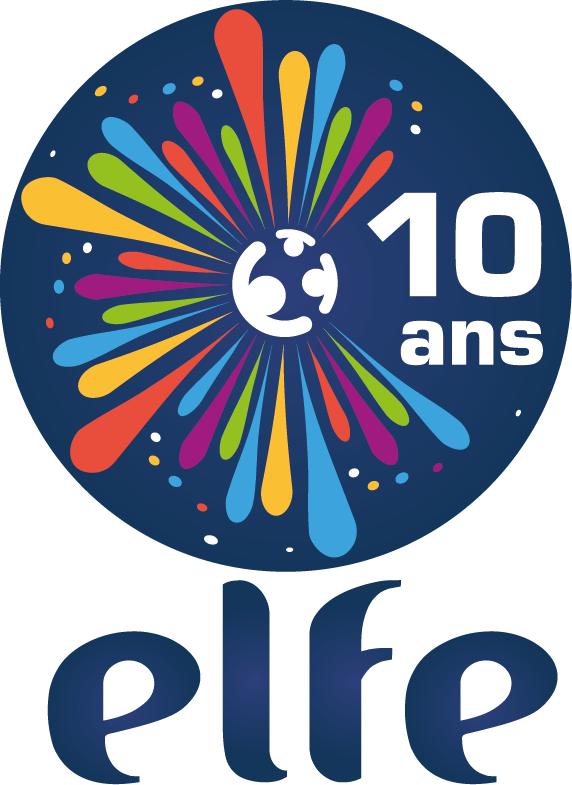
Results so far & Publications
Results so far
Social sciences
Health
Environment
Cross-cutting research
Publications
Academic journals
Reports & working documents
Theses & dissertations
Popular science articles
Study stages from 2011 to 2021



